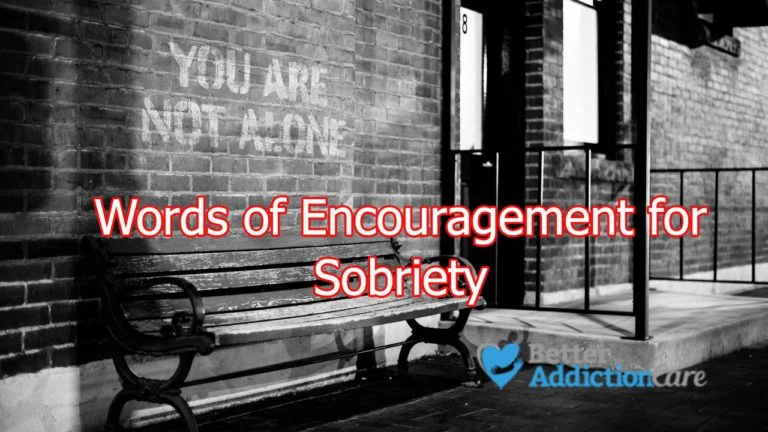
Overview
Bridge Street Counseling is a substance abuse treatment center for people seeking treatment near Adams County. As part of their treatment modalities for recovery, Bridge Street Counseling provides cognitive behavioral therapy, substance use disorder counseling, and trauma-related counseling during treatment. Bridge Street Counseling is located in Brighton, Colorado, accepting cash or self-payment for treatment.
Bridge Street Counseling at a Glance
Payment Options
- Cash or self-payment
Assessments
- Screening for tobacco use
- Comprehensive substance use assessment
- Interim services for clients
- Screening for mental disorders
- Screening for substance use
Age Groups
- Adults
- Seniors
- Young adults
Ancillary Services
- Specially designed program for DUI/DWI clients
- Mental health services
- Social skills development
Highlights About Bridge Street Counseling
6.83/10
With an overall rating of 6.83/10, this facility has following balanced range of services. Alcohol Rehabilitation: 8.00/10, Drug Rehab and Detox: 6.00/10, Insurance and Payments: 6.00/10, Treatment Options: 7.33/10.-
Alcohol Rehabilitation 8.00
-
Treatment Options 7.33
-
Drug Rehab and Detox 6.00
-
Insurance and Payments 6.00
Accreditations
State mental health department:
State mental health department accreditation refers to the process of evaluating and certifying the quality and standards of a state's mental health department, ensuring that it provides high-quality services and meets specific criteria for mental health care. The accreditation process is performed by a third-party organization and helps to improve the overall care and treatment of individuals with mental health conditions.
State department of health:

Government agencies issue State Licenses, granting rehabilitation organizations permission to operate their businesses legally within specific geographic regions. The licenses needed for legal operation are typically determined by the type of rehabilitation program offered by a facility and its physical location.
Treatment At Bridge Street Counseling
Treatment Conditions
- Alcoholism
- Substance use treatment
Care Levels
- Outpatient
- Regular outpatient treatment
- Aftercare
Treatment Modalities
- Cognitive behavioral therapy
- Substance use disorder counseling
- Trauma-related counseling
- Group counseling
- Family counseling
Ancillary Services
Special Programs
- Clients who have experienced trauma
Contact Information
Read our Most Recent Article About Drug Addiction
DISCLAIMER: The facility name, logo and brand are the property and registered trademarks of Bridge Street Counseling, and are being used for identification and informational purposes only. Use of these names, logos and brands shall not imply endorsement. BetterAddictionCare.com is not affiliated with or sponsored by Bridge Street Counseling.








